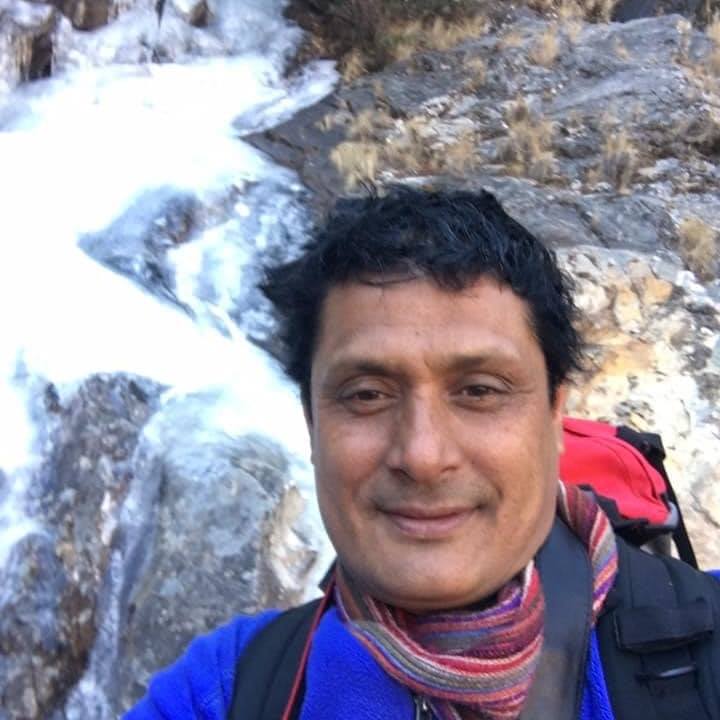Island Peak, also known as Imja Tse, is a popular climbing peak located in the Everest region of Nepal. It is one of the most accessible and frequently climbed peaks in the region, offering stunning views of the surrounding Himalayan Mountains, including Mount Everest.
Here is some information about Island Peak climbing:
Location: Island Peak is situated in the Khumbu region of eastern Nepal, within the Sagarmatha National Park. It is part of the Himalayas and stands at an elevation of 6,189 meters (20,305 feet).
Difficulty: Island Peak is considered a technical trekking peak, requiring some mountaineering skills and experience. While it is not as technically challenging as some of the higher peaks in the region, climbers should have prior trekking experience and be comfortable with basic mountaineering techniques such as using crampons and ropes.
Permits: Climbing Island Peak requires obtaining a climbing permit from the Nepal Mountaineering Association (NMA). You will also need to acquire a Sagarmatha National Park entry permit, as the peak lies within the park’s boundaries.
Best Time to Climb: The climbing season for Island Peak generally runs from April to May and from September to November. These months offer more stable weather conditions and better climbing conditions. However, it’s essential to check weather forecasts and consult with experienced guides before planning your climb.
Itinerary: Typical itineraries for climbing Island Peak usually start from Lukla, a popular starting point for treks in the Everest region. The trekking route passes through scenic Sherpa villages, including Namche Bazaar and Dingboche, before reaching the Island Peak Base Camp. From there, climbers proceed to establish high camps and make their summit push.
Guides and Sherpas: It is highly recommended to hire experienced climbing guides or Sherpas for Island Peak expeditions. They can provide valuable guidance, ensure your safety, and assist with technical aspects of the climb.
Physical Fitness: Climbing Island Peak requires a good level of physical fitness and stamina. Prior training and preparation, including cardiovascular exercises, hiking, and strength training, are beneficial to increase your chances of a successful summit.
Safety Considerations: As with any high-altitude climb, safety is of utmost importance. It is crucial to acclimatize properly, stay hydrated, and be aware of symptoms of altitude sickness. Weather conditions can change rapidly in the mountains, so climbers must be prepared for challenging situations and follow the guidance of their guides.
Please note that this information is based on general knowledge about Island Peak climbing up until June 2023. It is always recommended to consult with experienced guides, tour operators, or updated sources for the most accurate and current information before planning a climb.


 Have Questions?
Have Questions?

